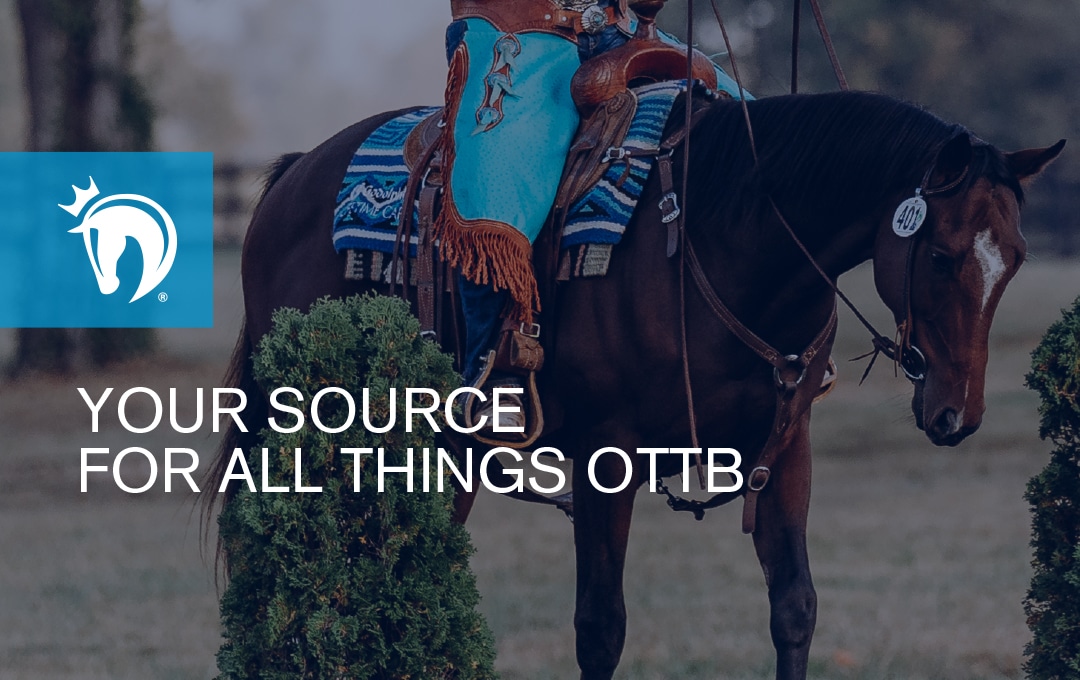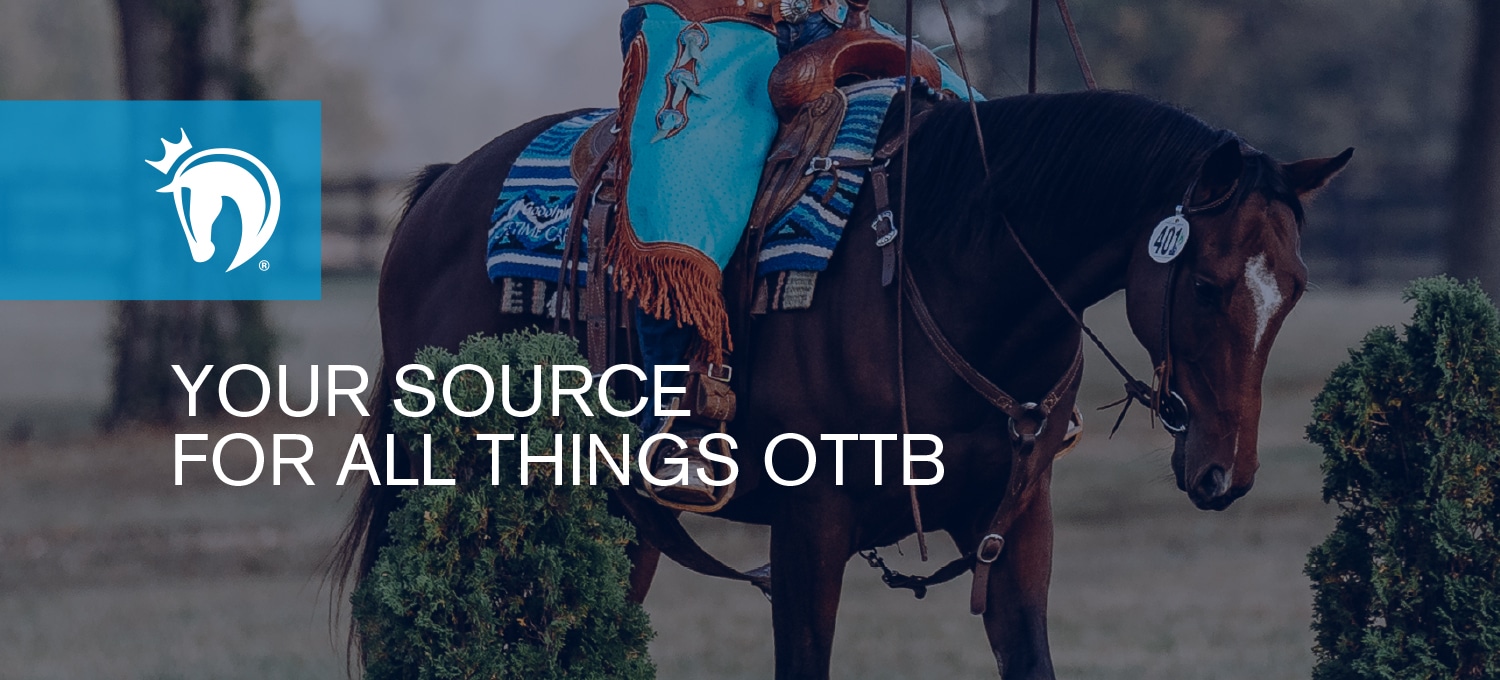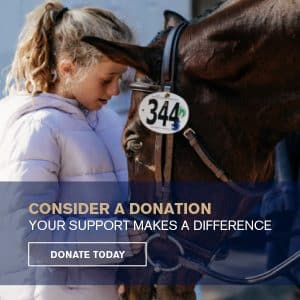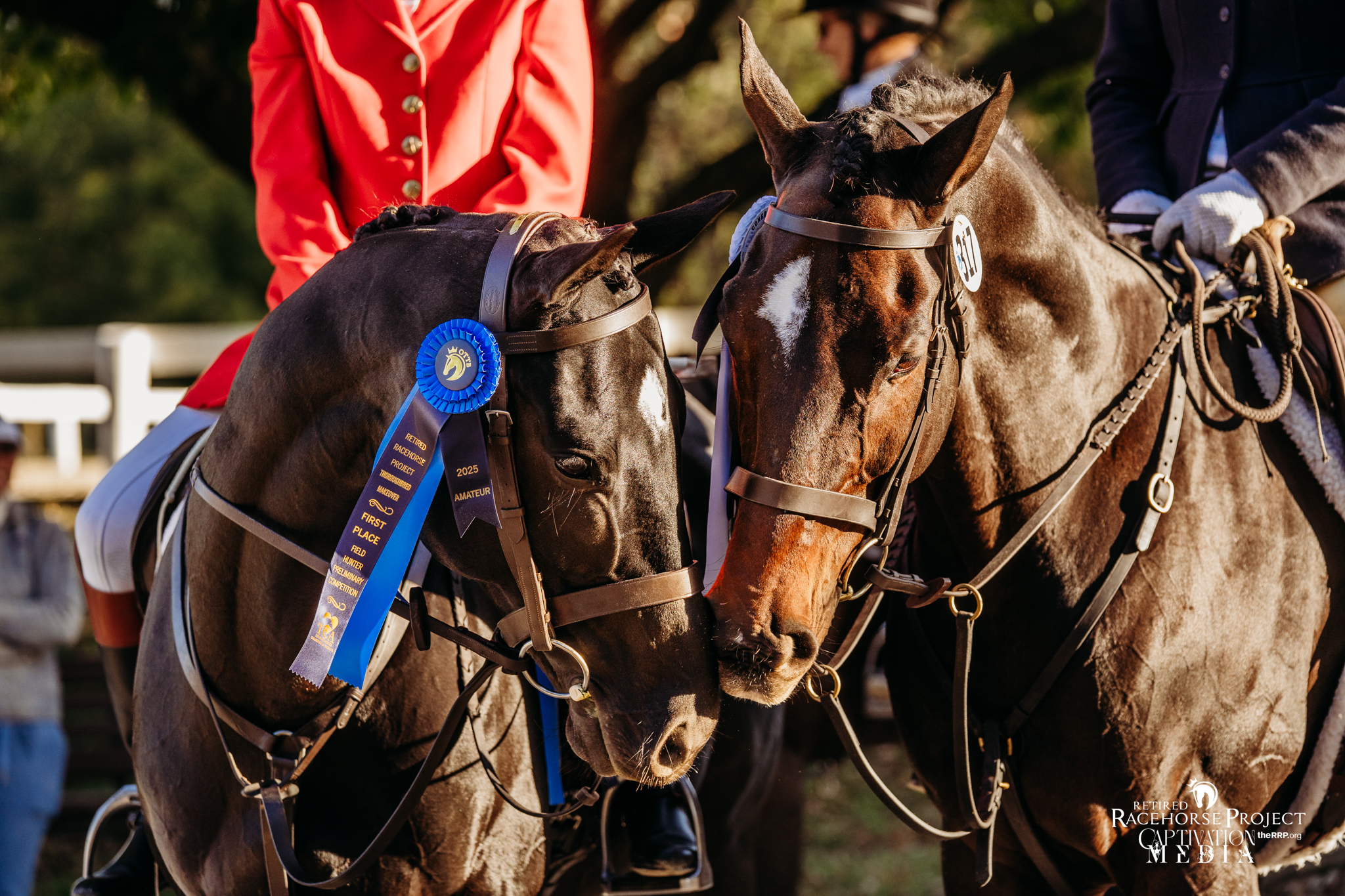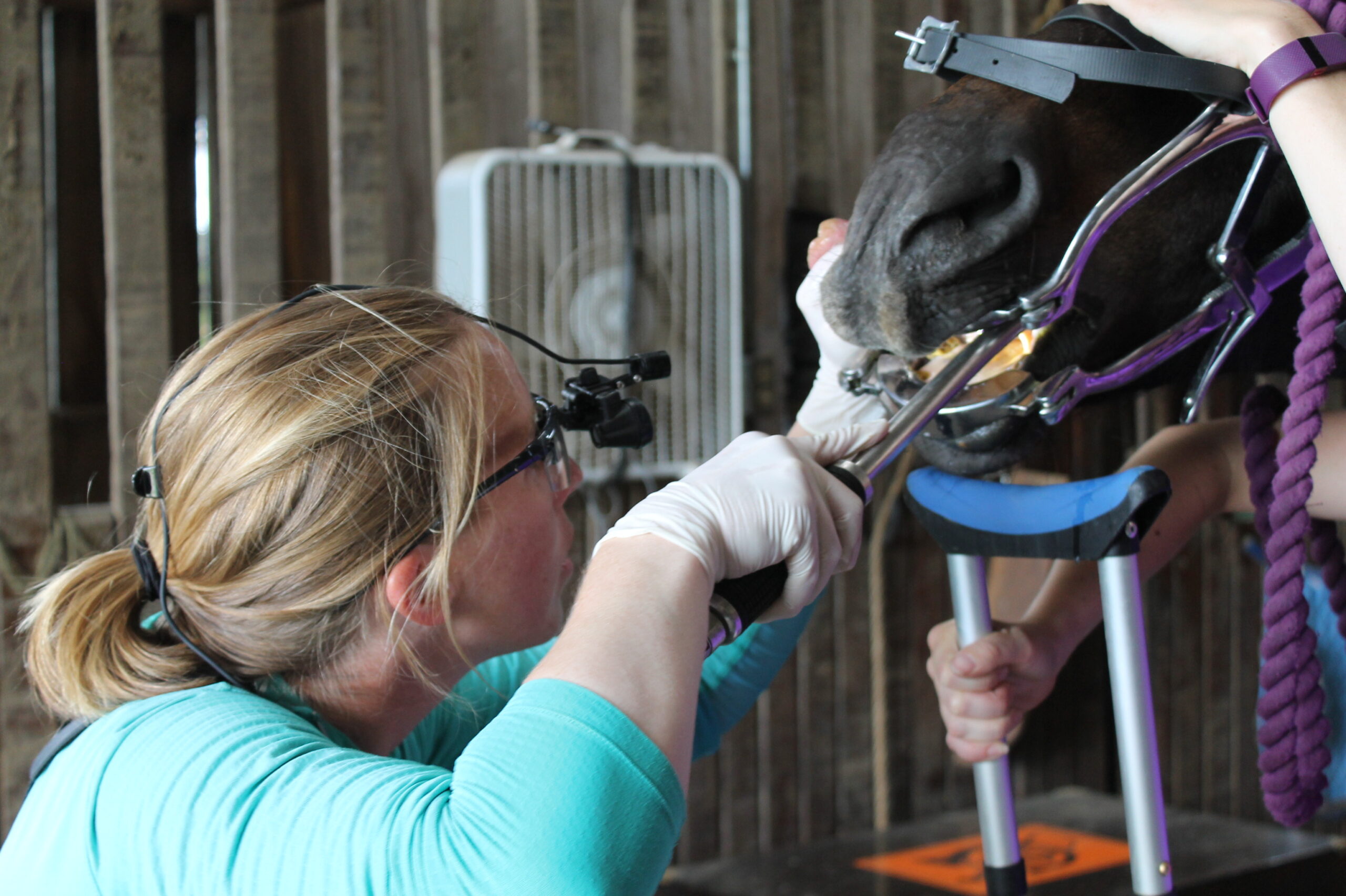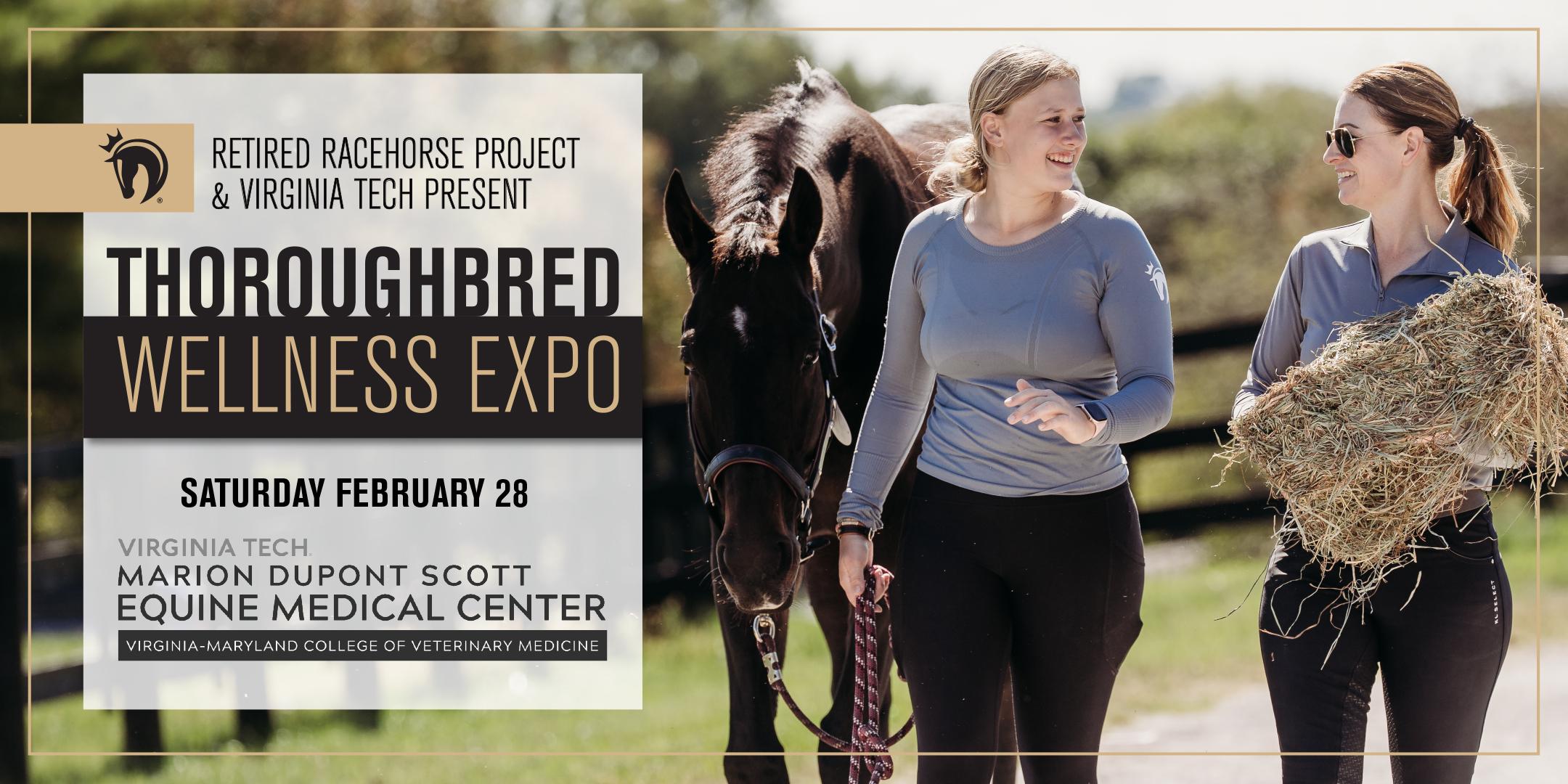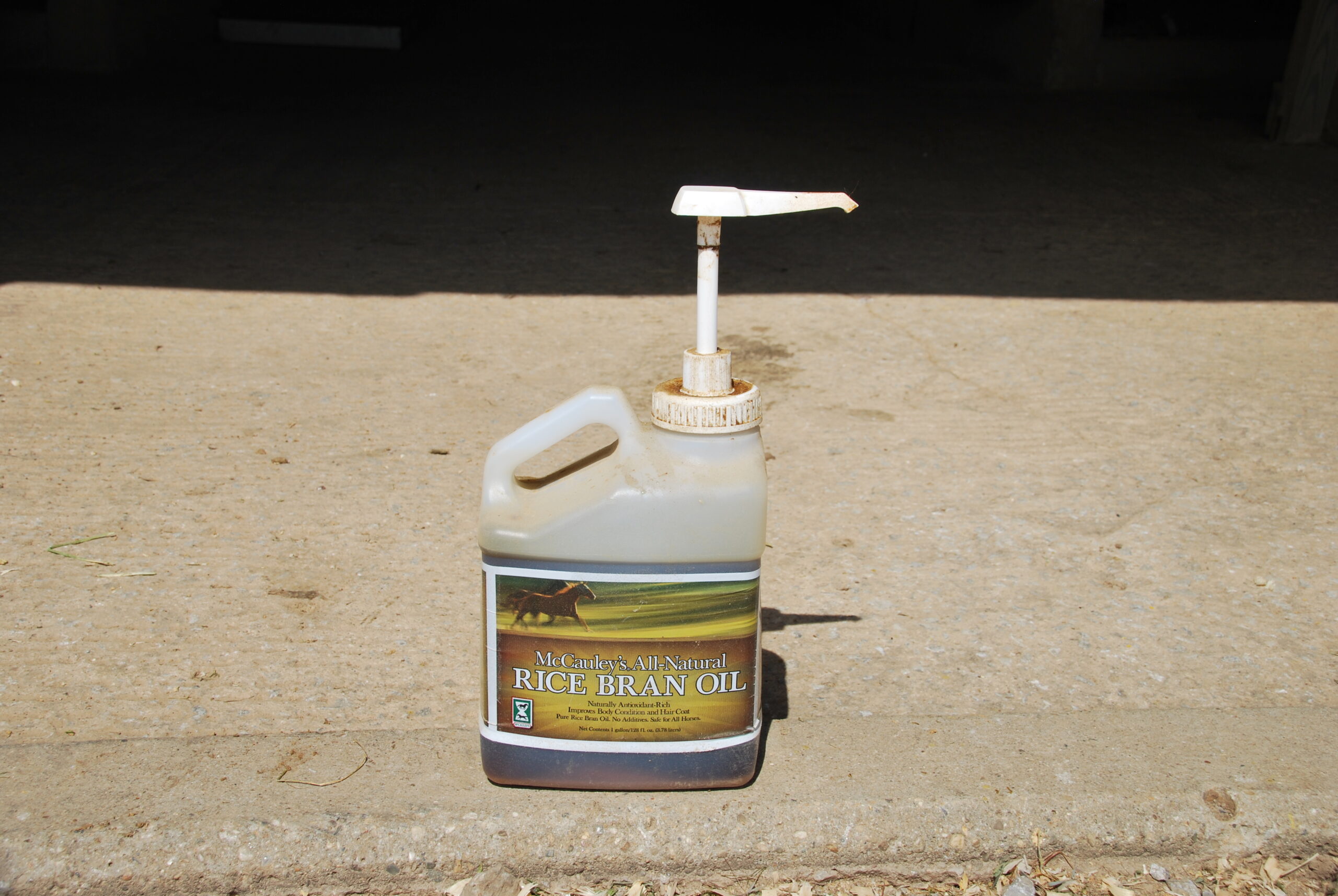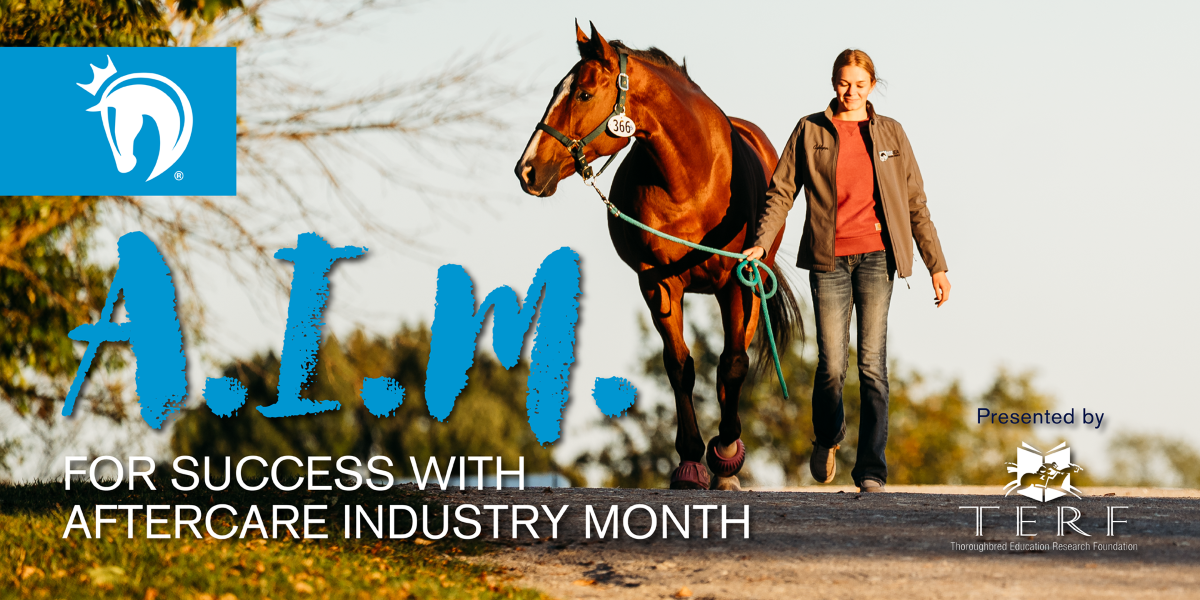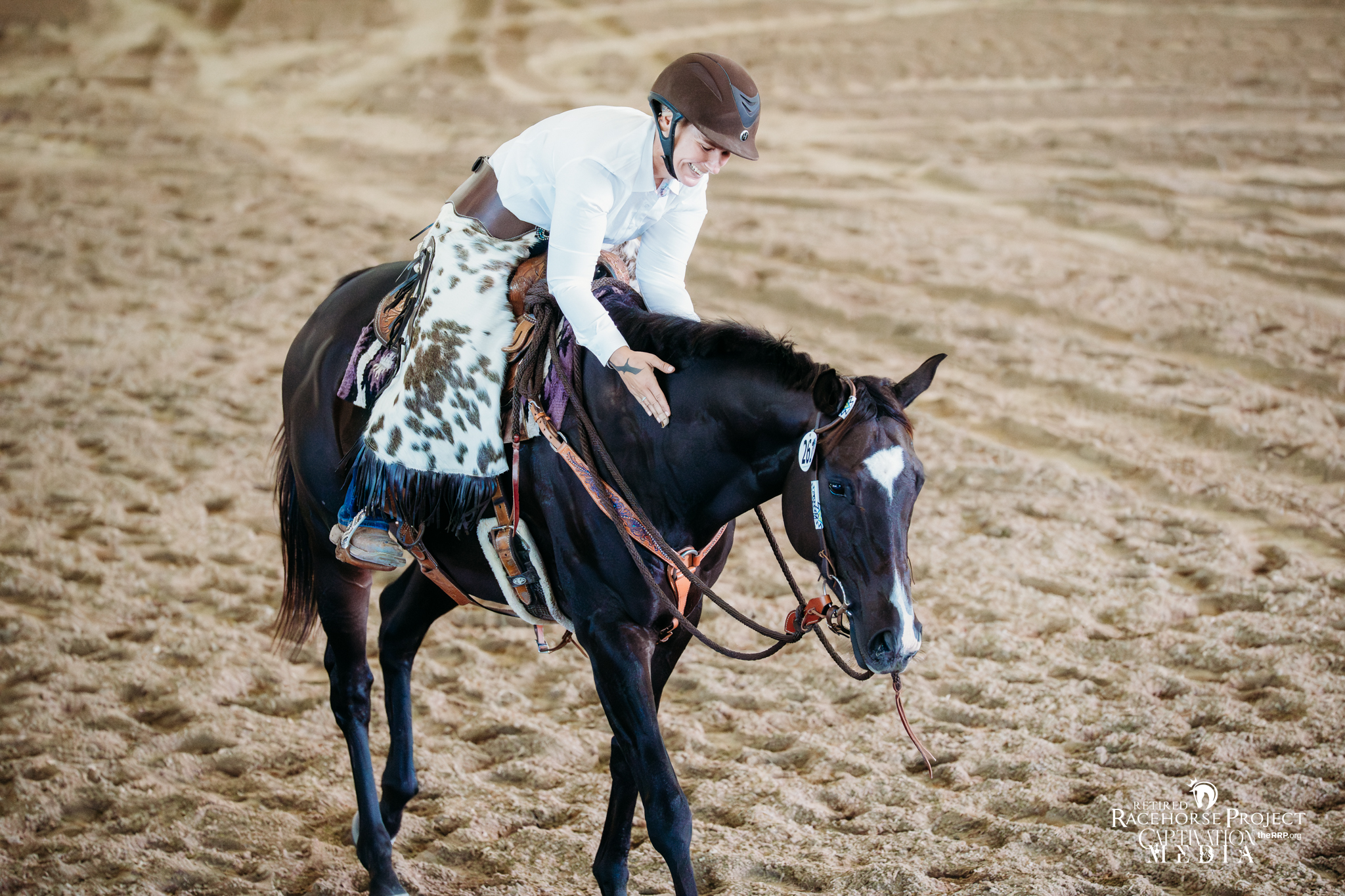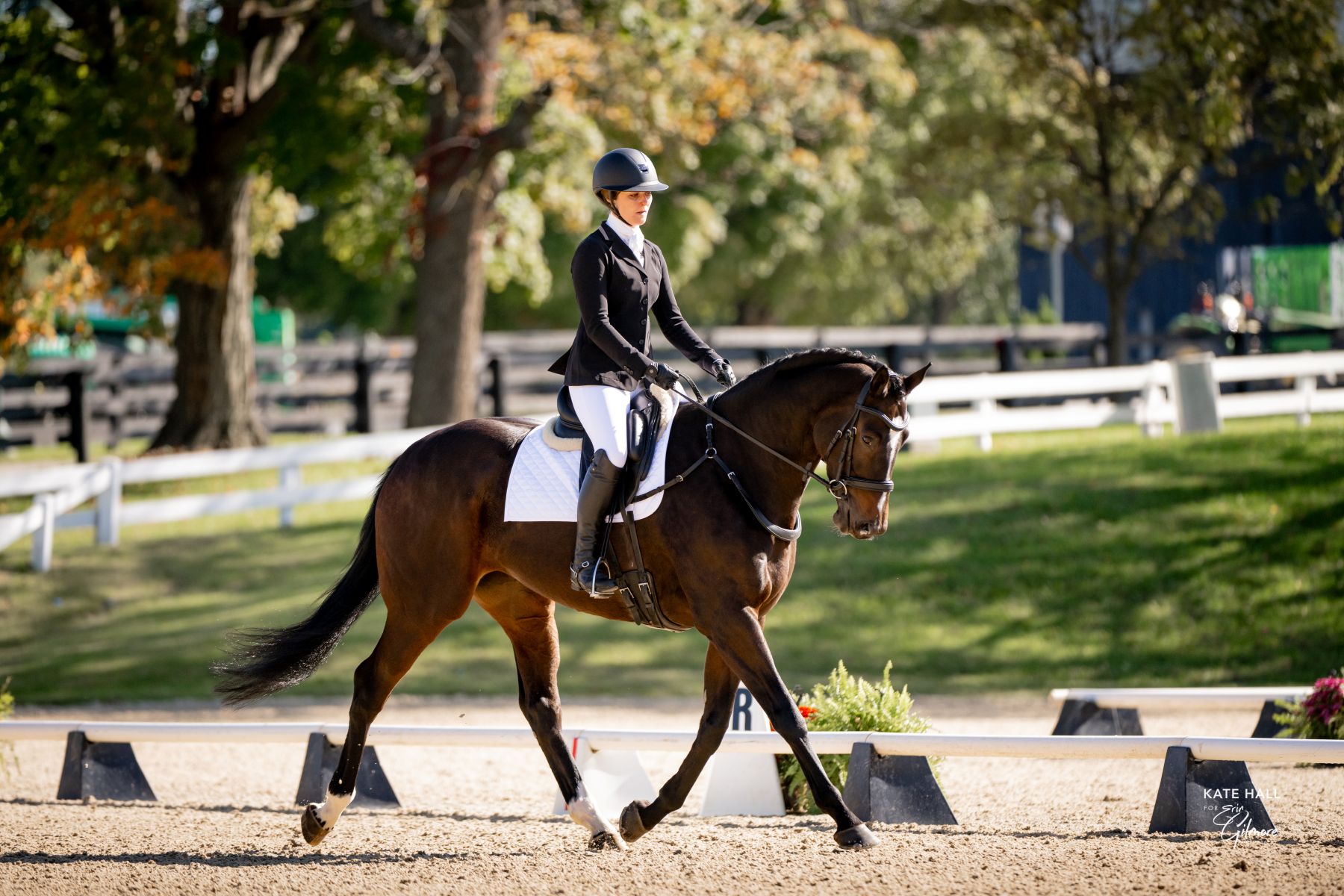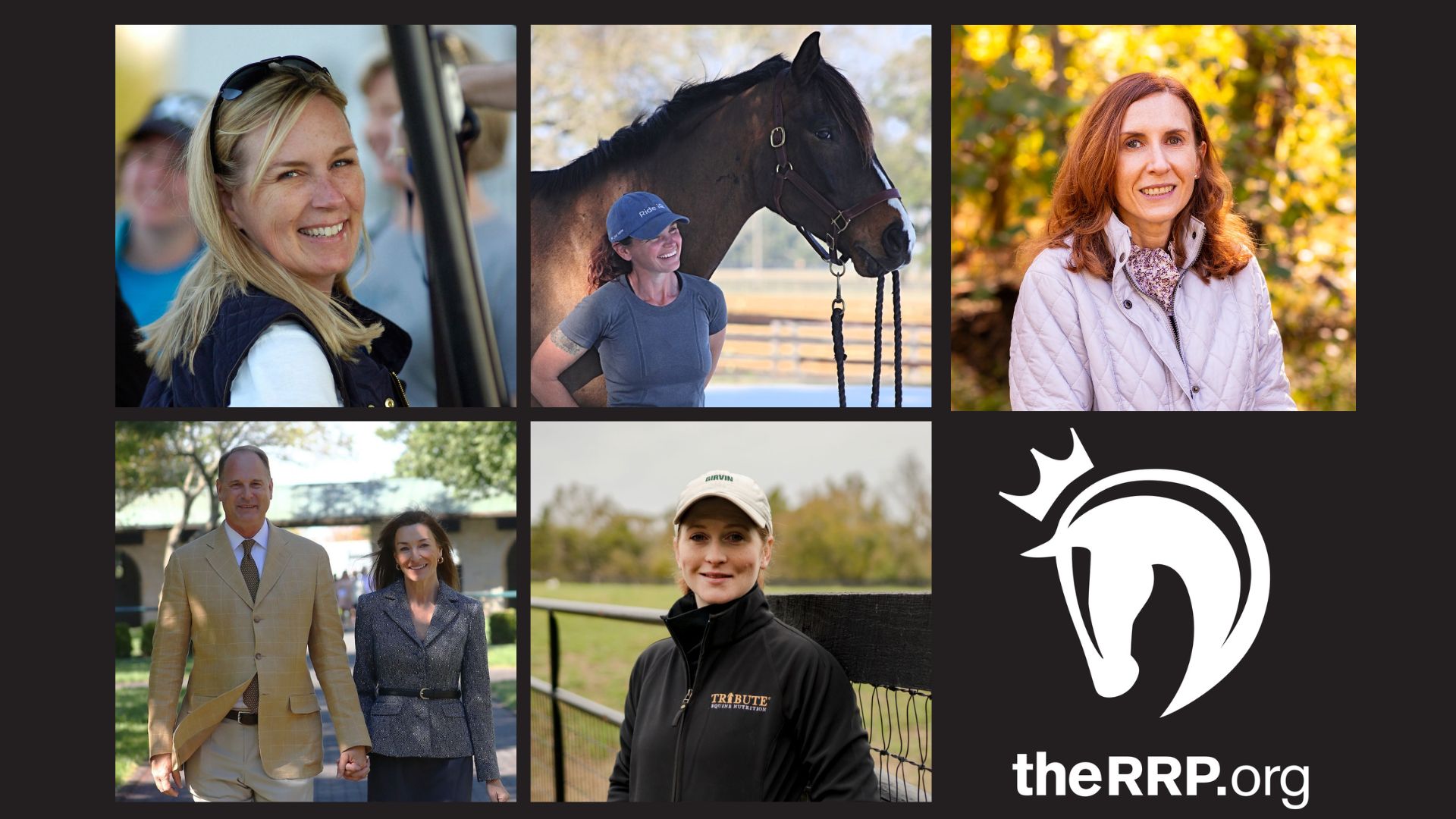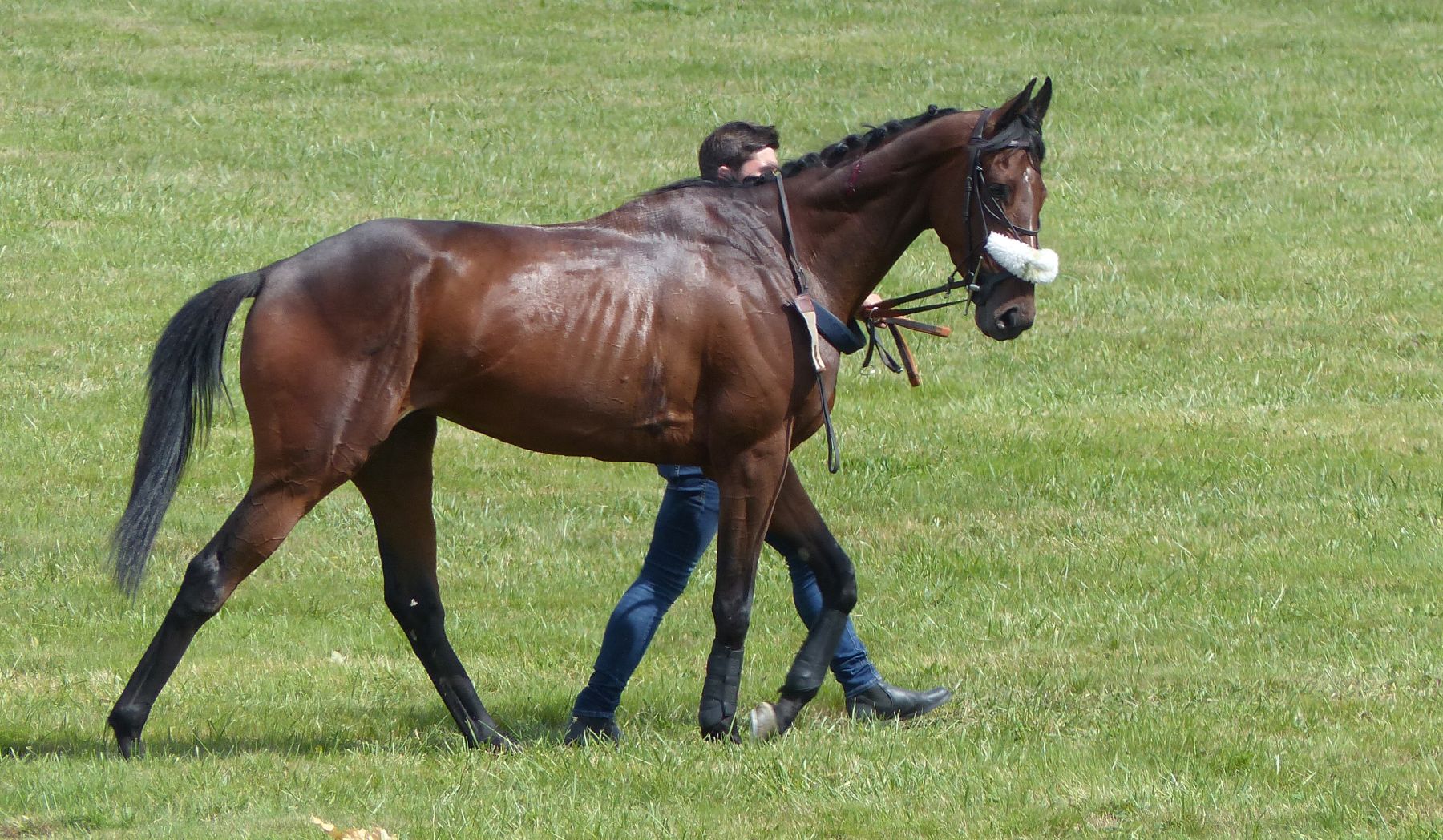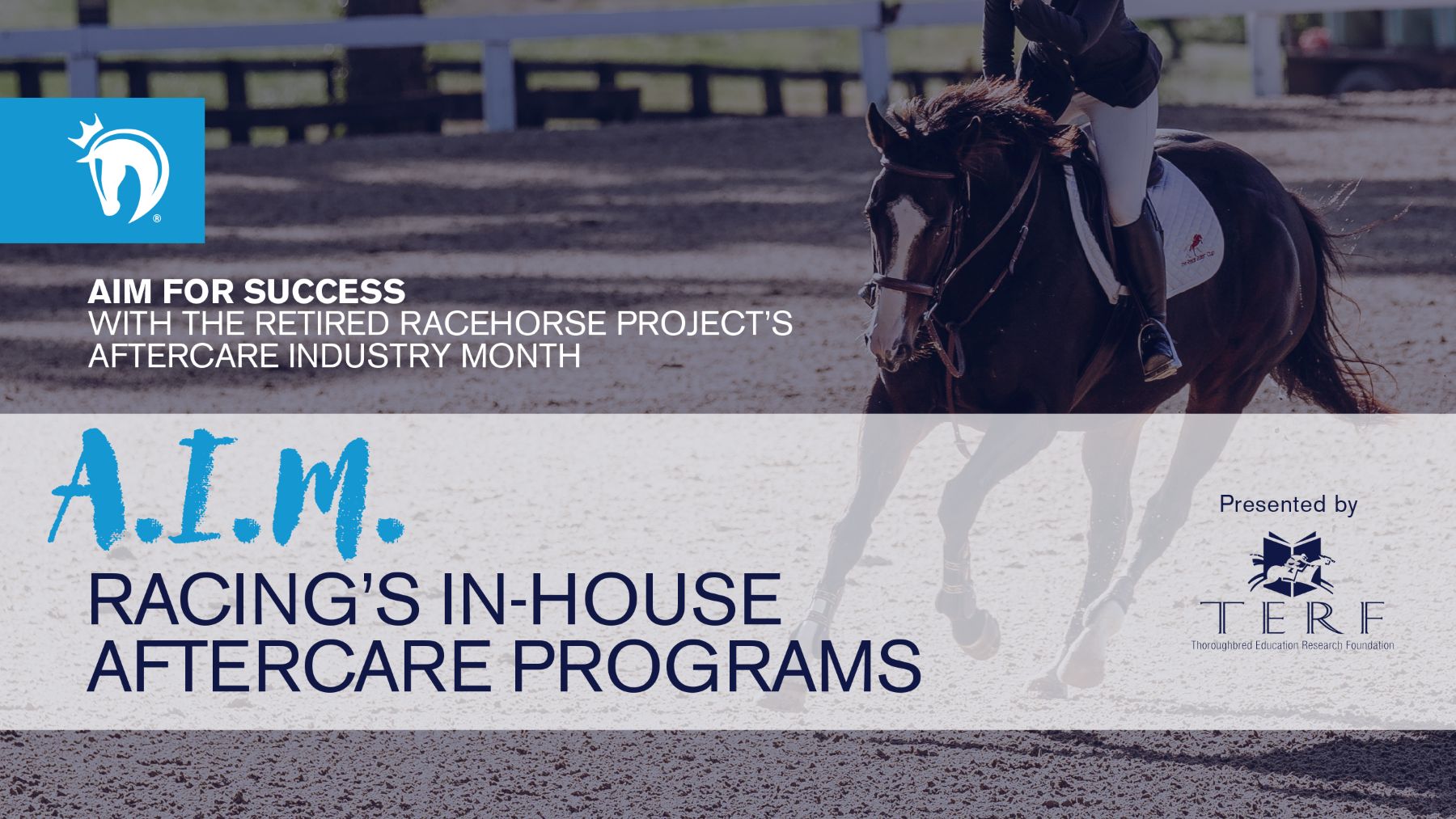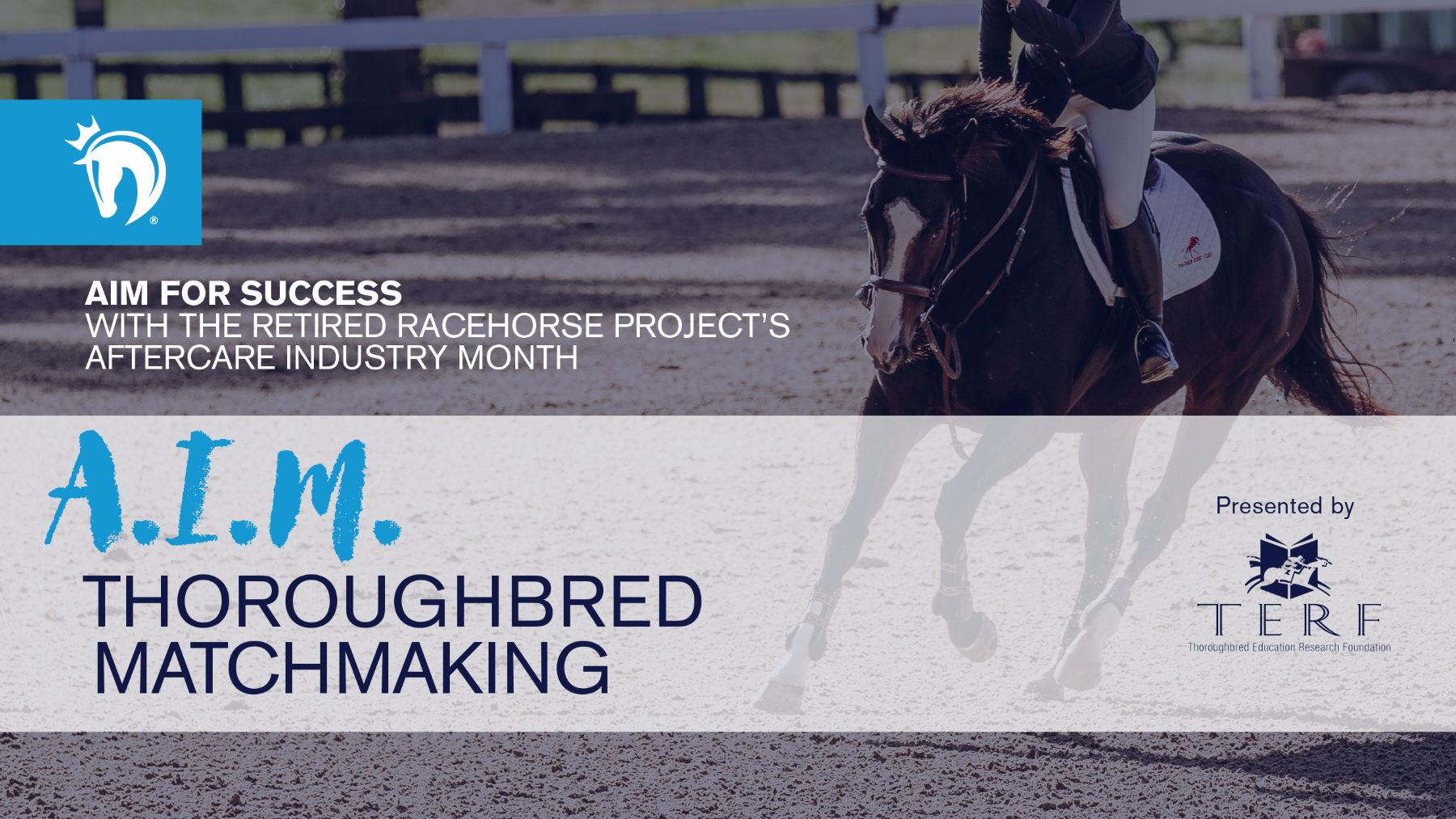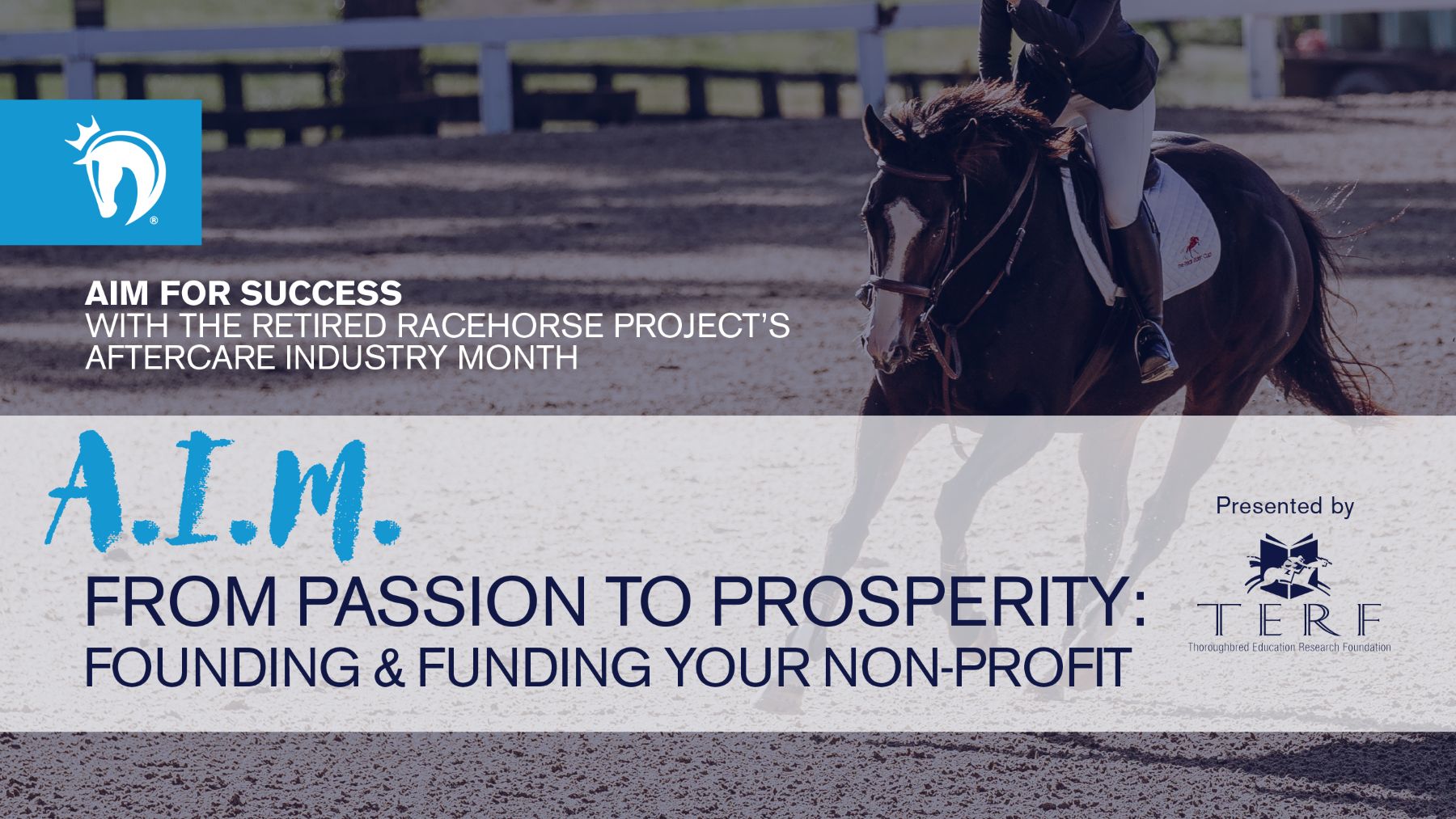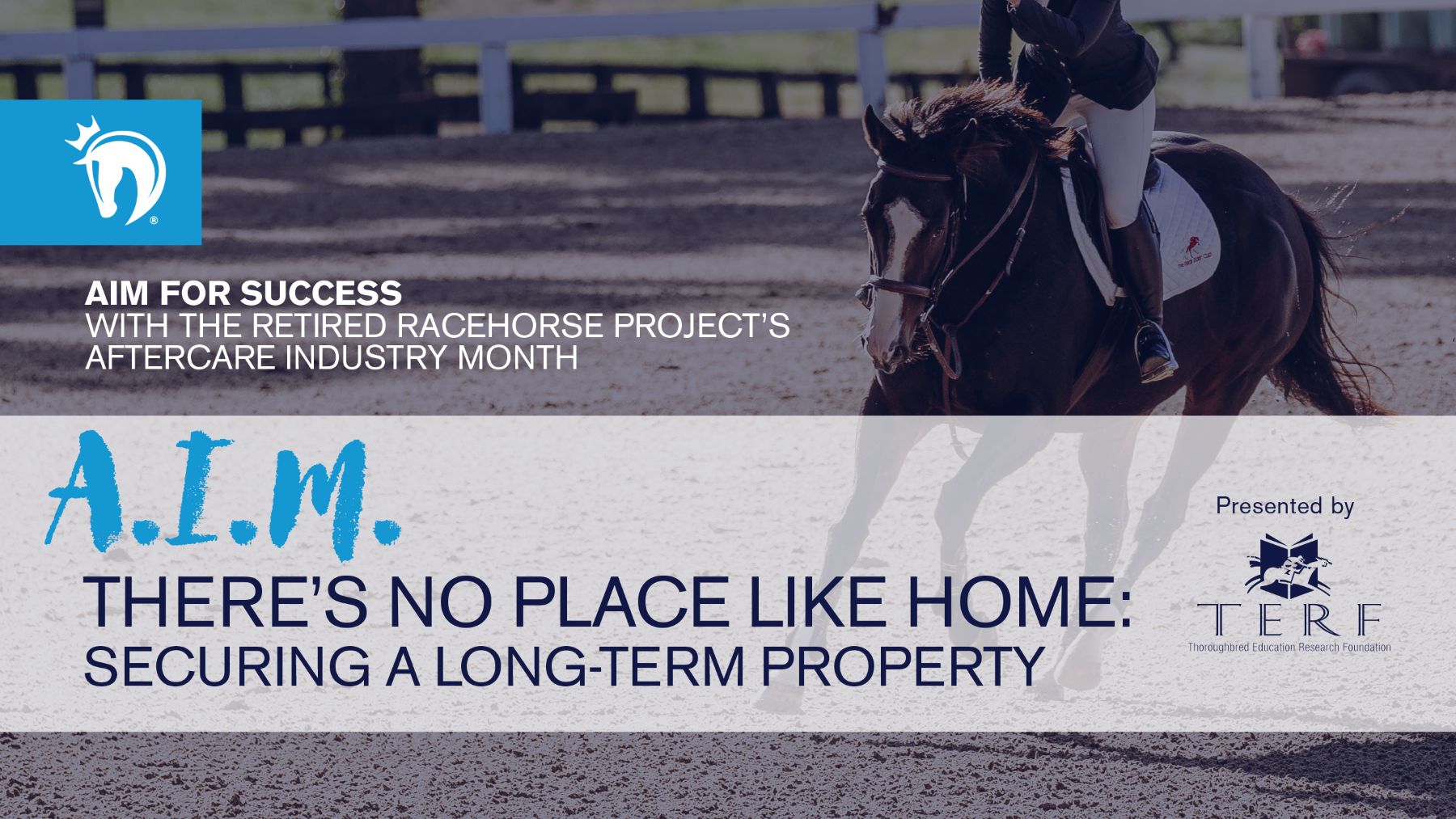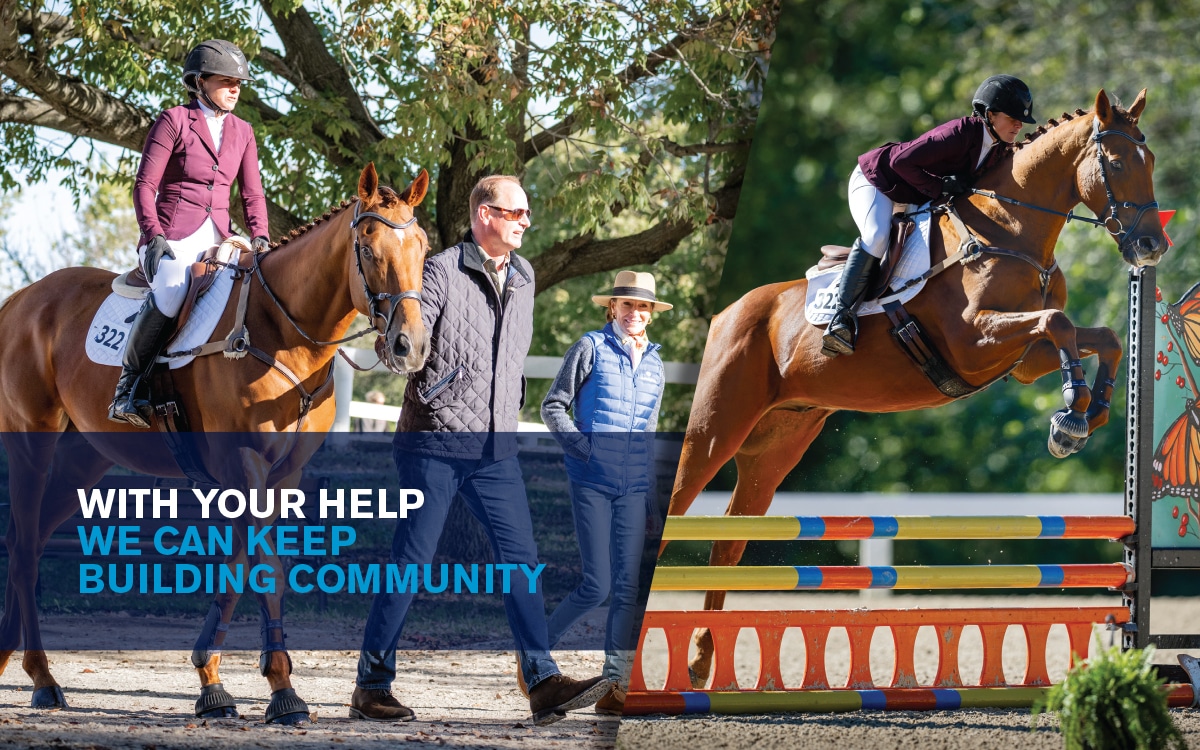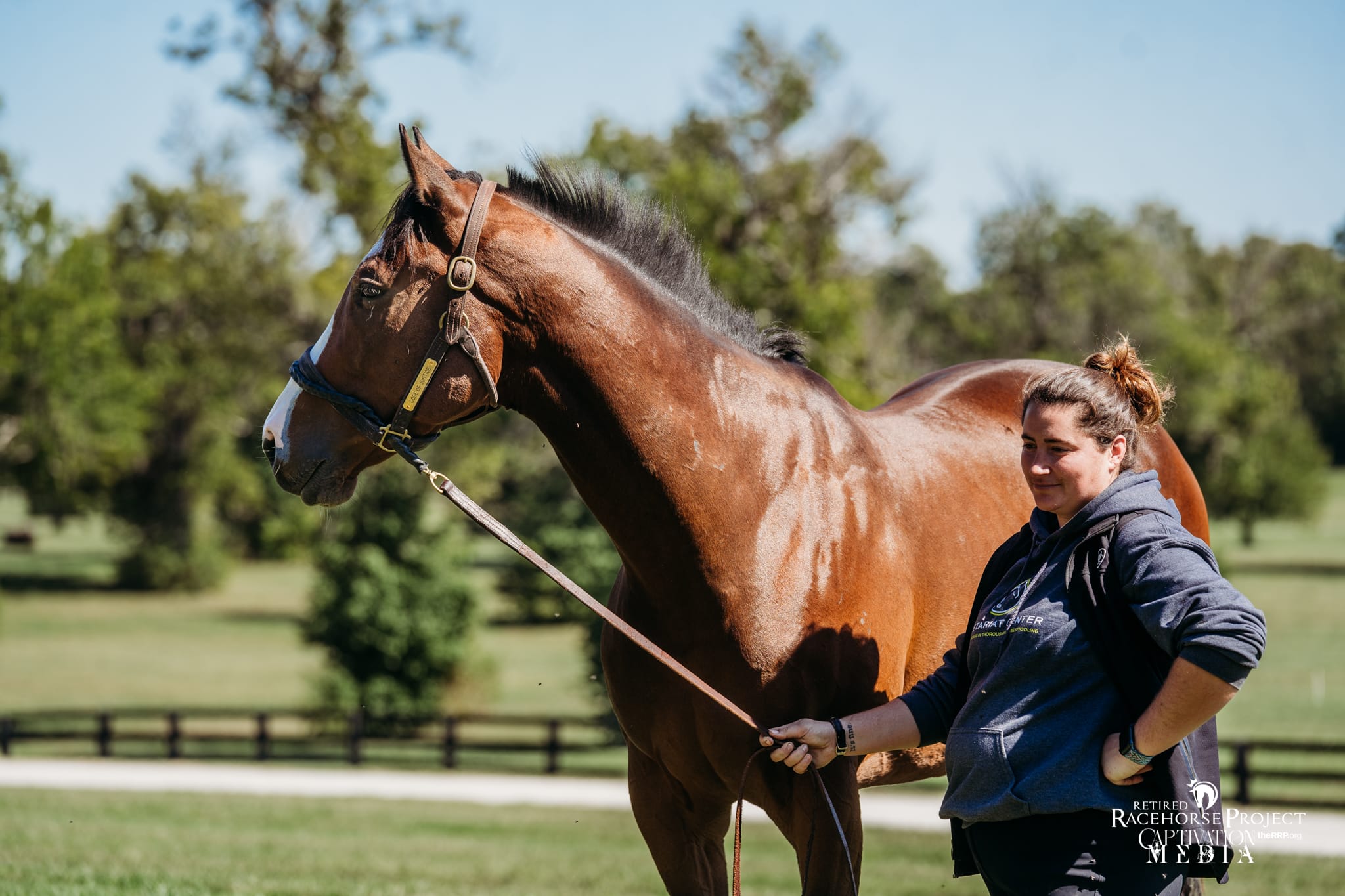Racetrack Rehoming Agents Initiative
March 28, 2017Bridges to second careers vary by racetrack. They include direct sales with and without the assistance of listing services like CANTER; resellers who often gallop, groom, or train at the track and either acquire to resell or act as agents; local farms and trainers who acquire horses to rehab, retrain, and rehome; local nonprofit aftercare facilities that take ownership of horses to rehab, retrain, and rehome; and on-track programs that screen horses and place them at local foster farms or aftercare facilities.
RRP has data on percentages of horses served by each of these bridges to second careers in its 2014 study of 4,200 success stories (Exploring the Bridges to Second Careers), and from the horses acquired for the 2016 and 2017 Thoroughbred Makeovers. All of the surveys show that direct sales from racing owners remains the most common method of rehoming, but that all of the methods result in high success rates when facilitated by knowledgeable horsemen. The recent surge in demand for these horses has increased the numbers of buyers seeking talent at racetracks. This initiative recognizes, manages, and monitors this activity on behalf of the local owners and trainers without dictating to them which method they should use to responsibly rehome their horses.
Rehoming Agents
This initiative would promote, facilitate, and monitor all of the bridges to second careers by hiring, training, and supporting a Rehoming Agent who would work through participating horsemen’s groups.
A Rehoming Agent would have the following responsibilities.
· Evaluate retiring horses at trainer / owner request, and assess prospects for second careers.
· List horses for sale or seek placement with local farms or aftercare facilities for rehabilitation, rest, or retraining.
· Coordinate and manage track visits by buyers.
· Evaluate buyer suitability.
· Coordinate the sharing of veterinary records and pre-purchase examinations.
· Copy and file standardized purchase agreements with notification of resale and no-slaughter clauses.
· Monitor and promote the work of existing and emerging bridges to second careers at the local level.
· Coordinate marketing and educational events.
Rehoming Agents will exist to provide a service to the horsemen, and should therefore be employees of the local horsemen’s group whenever possible. Horsemen should not be required to use the rehoming agent. Many have established relationships that provide similar services, and those relationships should be encouraged.
Rehoming Agents do not remove the responsibility for rehoming from racing owners by taking ownership of horses. Some horsemen’s groups and some local aftercare organizations provide that service, and Rehoming Agents would facilitate movement of horses into those programs when space is available and intake criteria are met. In cases where neither direct sale or donation to nonprofit aftercare programs is possible, the Rehoming Agent will advise owners of their options.
National Coordination and Funding
Retired Racehorse Project will convene a group of funders and a National Advisory Committee. Horsemen’s groups will apply for funding from the national pool to support a portion of the costs of hiring and supporting a rehoming agent. Part of the funds will be used to hire a national program coordinator to work on the staff of RRP.
The Program Coordinator will do the following.
· Advise horsemen’s groups in the process of recruiting and hiring Rehoming Agents.
· Facilitate communication and information sharing among Rehoming Agents.
· Provide training to Rehoming Agents.
· Maintain RRP’s online Resource Directory and Horse Listings as a tool for Rehoming Agents and horsemen to use in their work.
· Coordinate with RRP social media, magazine, and web site staff to facilitate robust marketing of horse listings and program successes.
· Provide technical assistance to horsemen’s groups seeking to participate in this program or establish similar programs.
· Collect Data from Rehoming Agents and make it available in aggregate form to funders and the public.
Public Perception
Despite a surge in responsible rehoming of racehorses through all of the bridges to second careers, the sport of horse racing continues to suffer from a public perception that its athletes leave the sport broken and unwanted. The industry is fighting back at the national level, but the press coverage is often local. The negative stories are about racehorses going to slaughter and the positive ones are usually about a local rescue or aftercare facility that is “saving” horses from slaughter.
Rehoming Agents will have the data to tell the full story at the local level. Track owners, horsemen’s groups and the whole industry will benefit when it’s told.
{jcomments on}

